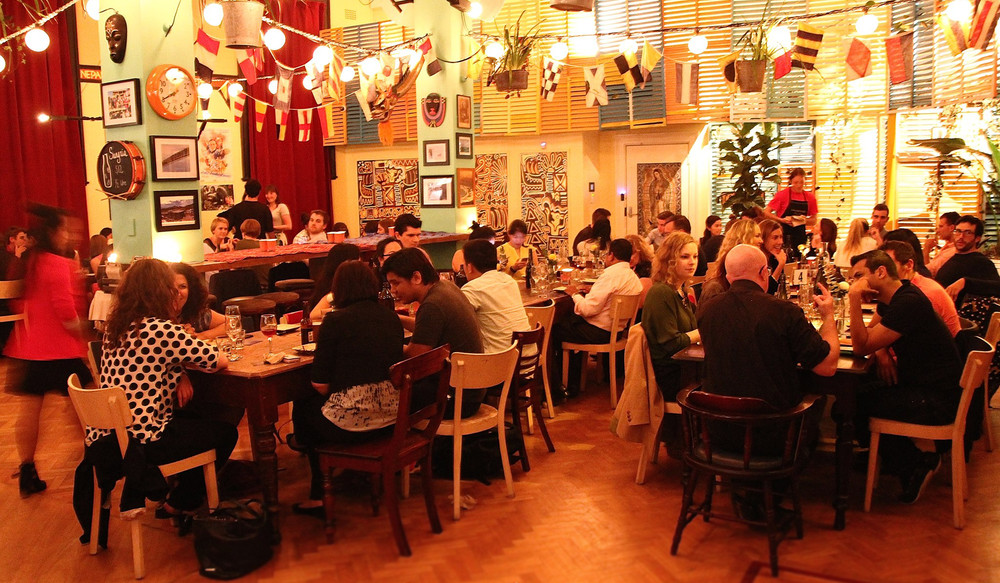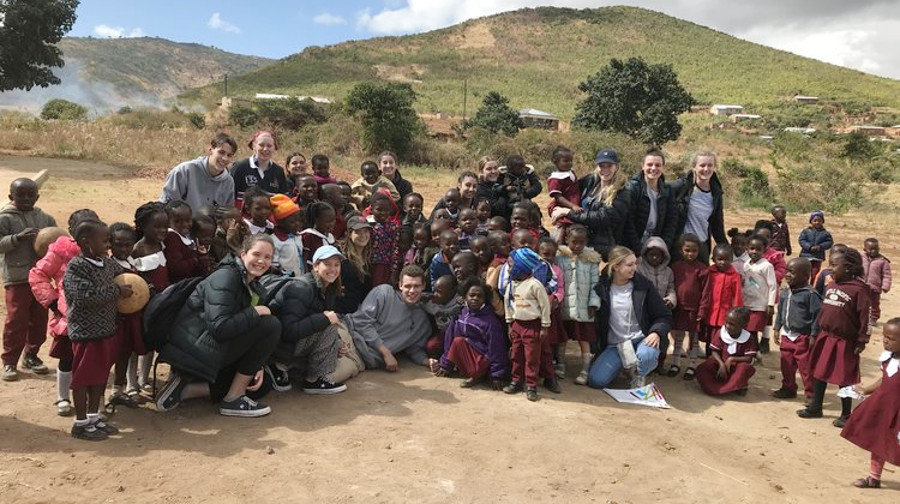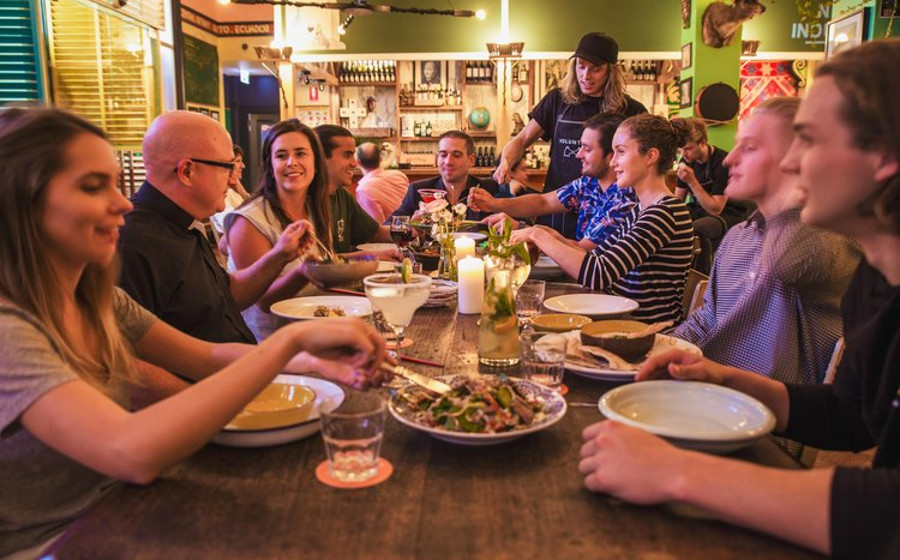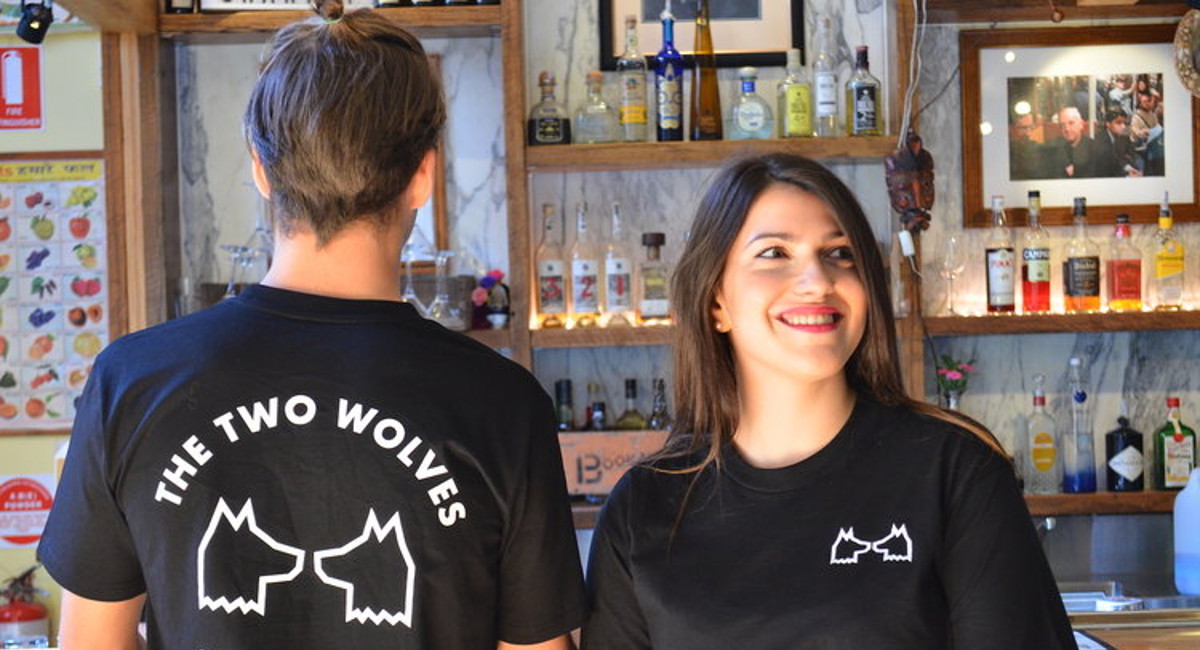October 10 is Mental Health Day. Across the world, millions of people suffer from mental health disorders. Australia, which designates October as Mental Health Month, is no exception.
“Mental health, or the fragility thereof, is a huge problem for young Australians by their own reckoning and in the opinion of health care professionals,” said Fr David Braithwaite SJ.
Fr Braithwaite is the founder and CEO of The Cardoner Project, a not-for-profit, student-focussed hub for volunteering in New South Wales. The organisation seeks to deepen the human, spiritual and intellectual formation of young adults and to develop transformative leaders who will build and shape a more just and Christ-like world.
They promote social enterprises and social inclusion projects in local communities and overseas. Leadership programmes cover a wide range of ideas and skills, in which mental health is always integrated with the spiritual.

“I am not a psychologist. I am a priest. So my whole approach is to take seriously the insights of the psychological sciences but encourage a conversation with the young that is twofold: firstly, how can my faith and spiritual life bring life to myself and my community; and how can I engage critically with the world view that collapses the spiritual into the psychological or occludes it as a meaningful category altogether,” said Fr Braithwaite.
He believes that university students must be challenged to engage intellectually and spiritually to bring the gospel into dialogue with the secular sciences.
None of our ‘psychological inputs’ and conversations occur without a spiritual and theological foundation. Without that we would be selling short our young people and completely lose any point of difference with the prevalent aggressive secularism which surrounds our young people, especially on university campuses here in Australia,” he said.
The World Health Organization estimates that one in four people will be affected by mental or neurological disorders at some point in their lives. In Australia, the most prevalent mental illnesses are depression, anxiety and substance use disorders.
“I regularly refer young people to good psychologists I know. Our own retreat programmes address directly issues such as body image, placing it within a deeper spiritual and theological context,” shared Fr Braithwaite
Often times, he says, just having a community of friends, with a focus on the outward directed nature of volunteering with the disadvantaged can already be a great help for mental health.
Psychology student Alex Graham, 21, shares that volunteering overseas for a year has changed his life. “Coming back home into this community has meant that my relationship with God has found a home,” he said. The kind of community that The Cardoner Project seeks to build is one that provides young people with the space to ask the big questions and engage in deep conversations about life but without the pressure of being judged as a recondite or without the commercial push to ultra-pragmatism that drive many university cultures.

“The building of community is perhaps the strongest immunisation we have for many mental health problems and a powerful form of treatment, especially given the isolation and alienation that so often accompanies mental disease,” shared Fr Braithwaite. He insists that faith must be grounded in the real context of young people’s lives and must genuinely help them in their day-to-day struggle of growing up in what he describes as “a splintered and, in so many ways, foundation-less world.”
“That will be our litmus test and it has always been so: either my faith makes life more beautiful or not, but this is not the same as pretty!” he said.
An important aspect is the emphasis on relationships based upon bodily presence. The Project promotes conversations through face to face interactions. During Cardoner events, all young adults must turn off their phones and are encouraged to converse with others next to them.
“Without The Cardoner Project I don’t think I would be engaged with my faith at all post-school, like most of my peers,” said 19-year-old Jesse Gray, who is studying Economics. “I find here a place for spiritual conversation that is unique.”

Know more about The Cardoner Project by visiting their website here.


